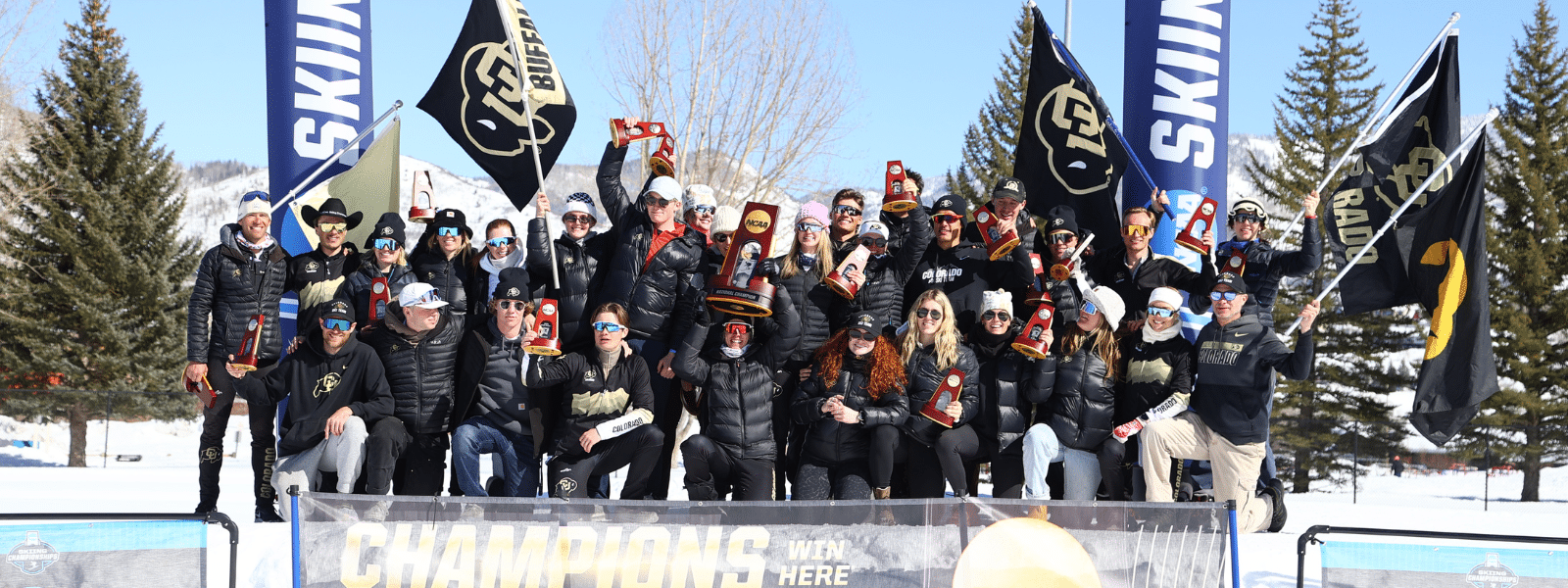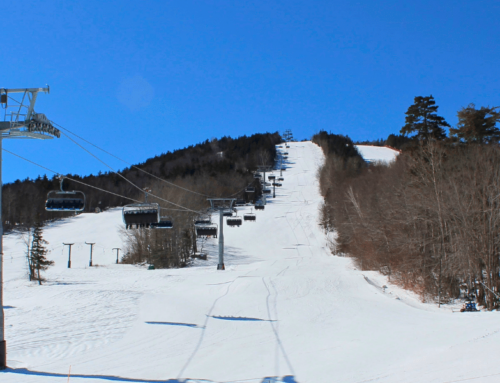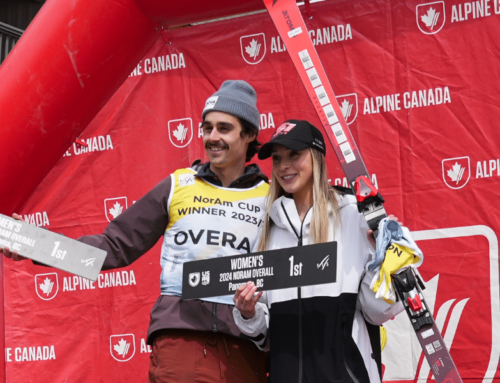Parallel rule changes on the docket at FIS meetings
This week, members of FIS’ Alpine Skiing Committee gathered virtually to discuss prospective changes to the alpine World Cup, including hot topics, such as the 2020-21 WC calendar and the parallel controversy, which caused a stir last winter in the wake of vocal complaints from athletes. This week’s proposals will move onto the FIS Council meeting, which is set for the end of next week.
As a result of looming uncertainty surrounding the 2020-21 World Cup season, a task force was assembled to assess event and scheduling options. Members of national teams, organizers, rights-holders, FIS officials, and other stakeholders were assembled to stay on top of the everchanging pandemic in order to find a solution to keep the World Cup alive and well next winter, according to the FIS. The names of the task force members have not yet been released.
In addition to the issue of scheduling, committee members took on the parallel controversy and the task of developing an adjusted set of rules to accommodate athlete feedback.
After the FIS held multiple events in 2019-20 with courses that felt unequal and unsafe, according to athletes, many of them took to social media to express their discontent with the format. A few of the more prominent names who provided commentary on the format included FIS athlete representative Daniel Yule, Parallel overall champion Loic Meillard, Alexis Pinturault, and Ted Ligety. Even Mikaela Shiffrin provided a comment after being eliminated in the round of 16 in the Sestriere parallel giant slalom, saying she felt the FIS had more work to do in order to make the race as fair as possible.
At the moment, the FIS seems to be taking this feedback seriously.
The Alpine Skiing Committee proposed the parallel race operate under a double-run format, one run per course, to ensure fair competition between athletes. In order to keep TV rights-holders and viewers interested in the event, the committee also proposed a shortened race, having it begin with the round of 16, featuring the 16-fastest athletes from the qualification race. In the 2019-20 season, the parallel format began with the round of 32. Other small changes made to the format have not yet been disclosed.
Ken Read, the chairman of the Parallel Working Group, has been working hard over the past few months to find a solution for the parallel event that satisfies both the athletes and stakeholders. After the meetings this week, he can say that he is pleased with the open-minded collaboration that took place in order to make these changes happen.
“I was really happy with the will of everybody to be receptive to ideas and ways to try and work toward a goal of getting the parallel to work well as an event that the FIS can really build on,” said Read. “The athletes have opinions, race directors have opinions, and TV has a view, and we’re coming up with some good solutions.”
Read hopes that a shortened race and a double-run format will quell the athletes’ concerns and complaints about fairness and fatigue, as well as keep race directors and TV stakeholders happy. But, according to Read, the athletes need to come first, and their feedback throughout the refinement process is of the utmost importance.
“Like anything in the ski racing world, it’s evolving, and at every step, we’re trying to make it better,” said Read. “The bottom line is we want this to be an event the athletes really want to participate in, one that they’re excited about.”
In the case of the mixed team parallel, the losing teams in the quarterfinals are proposed to be seeded into the fifth-through-eighth positions, according to their total times for both runs. This allows for teams to not have to race for their final position.
These proposals have moved through the World Cup subcommittee, up to the Alpine Skiing Committee, and will move to the FIS Council for final approval next week. Read believes all of the proposals will move forward, albeit with minor tweaks to some of the more nuanced elements, such as how parallel integrates into the schedule for the World Cup and World Championships.





















